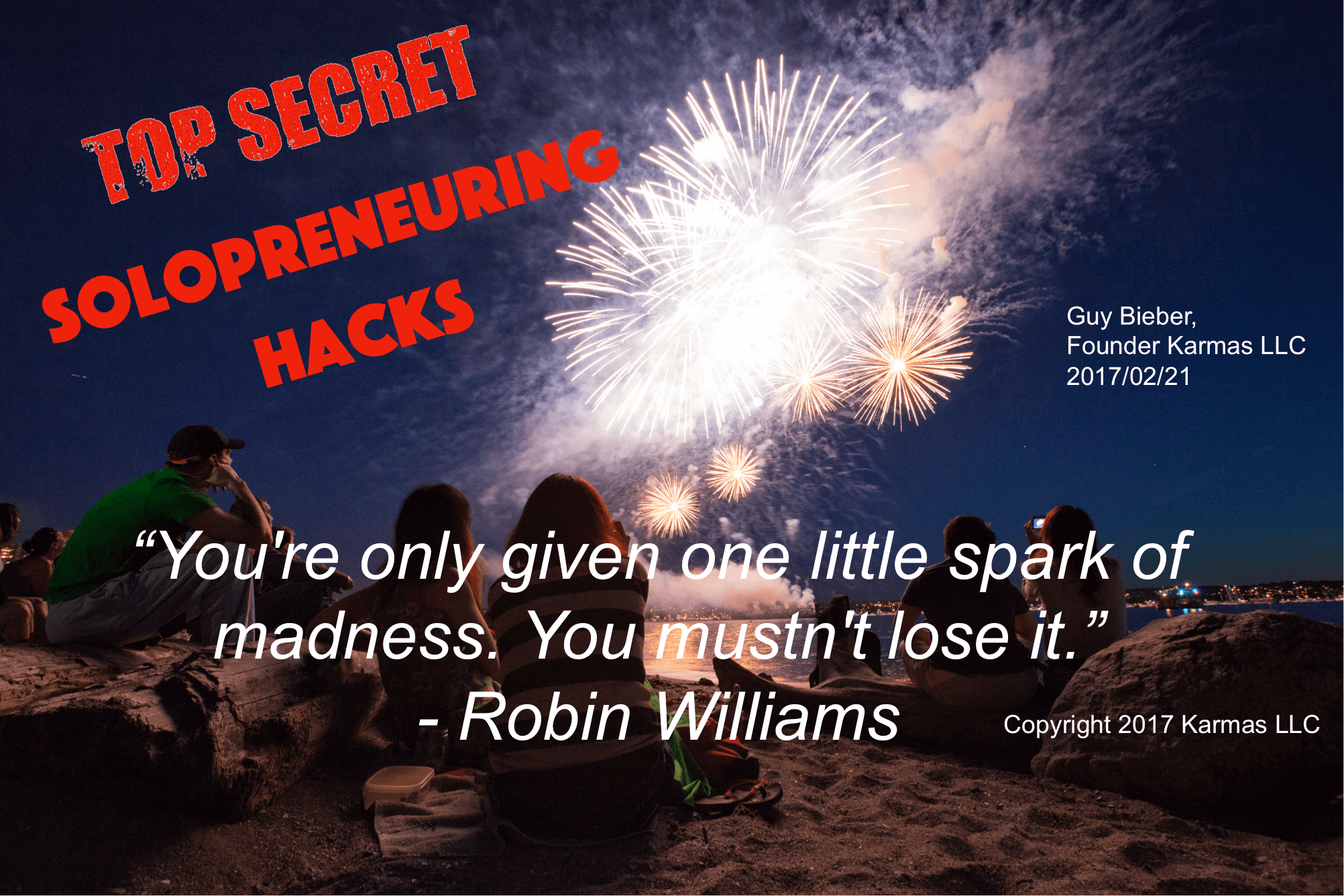Debate: Design in the Age of AI
Mick Mcmanus, founder of Maya and Autodesk Fellow, and Don Norman, author of The Design of Everyday Things, recently had a debate on design in the age of Artificial Intelligence (you can watch it here). Mick did an enlightening introduction to the latest technology in this space. He introduced the idea of ripping reality and raising technology instead of designing it. To rip reality you instrument physical objects, like vehicles, to sense how they interact with the world. In the case of a vehicle, they wanted to understand forces a vehicle has to endure. This data allowed a computer to understand how the world interacts with the object and to redesign it. Autodesk is using a technology called Generative Design to take ripped reality and autogenerate better designs. In the case of this vehicle, they created a stronger design that was 30% lighter. Autodesk now has an AI that takes all of the designs of things people have built and learned from them. It can then use this knowledge to generate designs from many fields. A couple of engineers in a garage can essentially have access to 1000s of engineers using this new technology.
During the debate, Don argued that this technology wasn’t getting rid of the designer; it was getting rid of the mechanical engineer. The designer still had to make choices about what humans want. Mick argued that machines are better at understanding human emotions than people now. Don argued that machines are good at problems involving large amounts of information, attention to boring tasks, and extreme precision. Though machines can pick out emotions, they don’t understand or empathize with people. Mick argued that we are going to do unique designs for everyone, just like Google customized interactions per individual, which must be done by AI instead of designers.
The debated concluded with a couple of observations:
- There are some jobs AI can just do better than humans, like driving a car.
- There are some jobs that human and computer teams can do better. We have found that computers can beat individuals at chess; we have also found that people with computers can beat computers at chess.
- Can we meet machines halfway and amplify our better selves instead of our lesser selves?
- Can we act more improvisationally with computers (giving each other something to build on; providing better handoffs) rather than acting like debaters (leave them stumped and hanging?
- 98% of the algorithms we are using for AI have been around for years; computing has finally caught up and can now compute these large datasets.
- Battling AIs have lost value for society as in the Flash Crash on Wall Street. So not only do people and AI need to work together, but also AI and AI.
- We are shifting from designing things to designing systems.
Here are a few of my thoughts on this debate. AI and robotics will enable us to do more, but will also shift how humans add value to the world as in the industrial revolution. The question is will there still be places for humans to add value? The big difference between AI and humans is that it takes time for humans to share previously discovered knowledge. Every human has to take the time to learn it; we have to train our brains. In the world of AI, if any AI learns it all AIs can instantly know it. This instant sharing is a huge cognitive advantage over humans. Ultimately we need to create the right initial conditions for AI to create a utopia instead of a dystopia.
Gratefully,
Guy Bieber
Inspire + Be Inspired + Create Amazing Experiences
When you need The Guy: @theguybieber theguybieber@karmas.co bookings@thepotentialbook.com
Preorder Potential today at https://www.thepotentialbook.com/preorder/


Recent Comments